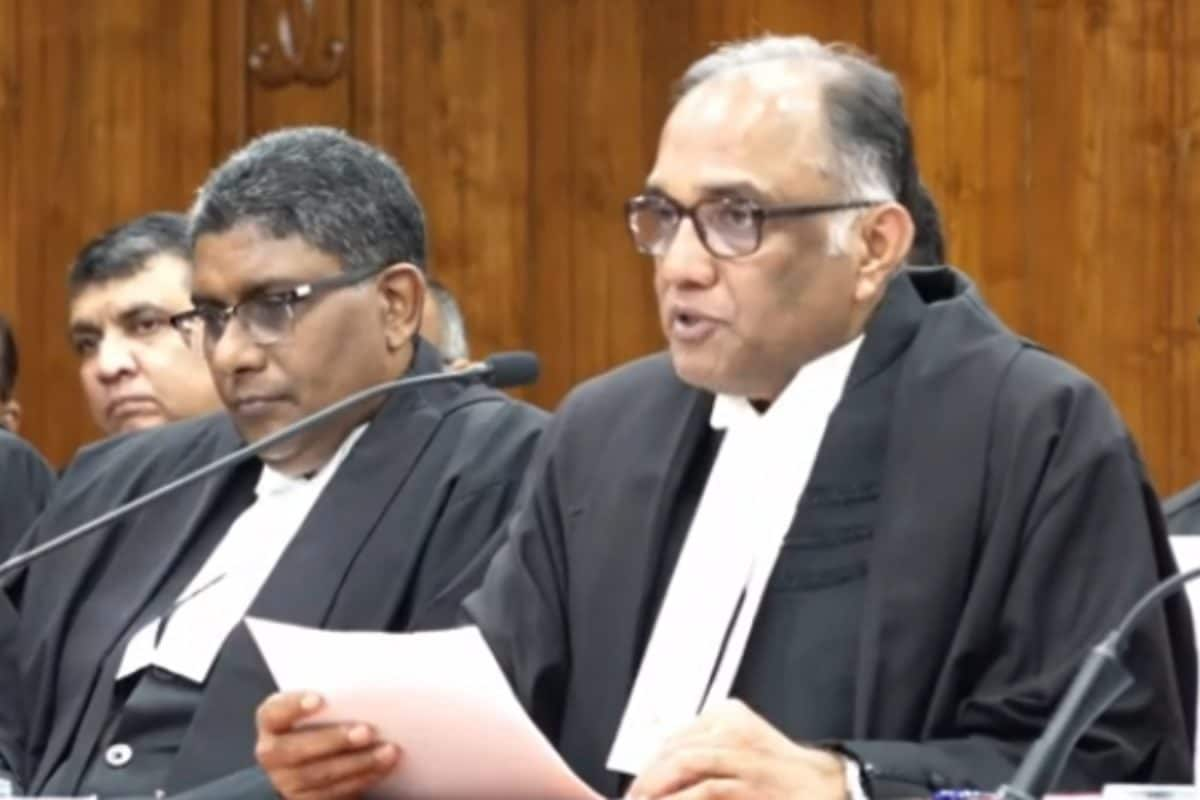

A Kerala High Court judge, Justice PB Suresh Kumar, has recently advocated for the enactment of legislation to regulate social media, emphasizing the potential harm that unregulated online content can inflict on the judicial system's integrity. Justice Kumar, who is preparing to leave office next week, expressed his concerns on Friday, highlighting the growing apprehension among judges worldwide regarding the impact of indiscriminate social media posts on judges and their judgments.
Justice Kumar pointed out that social media posts often lack a basic understanding of the law or relevant facts and are frequently based on mere assumptions. He warned that such remarks, even when made without malicious intent, could erode public confidence and tarnish the judiciary's image. In an era where public opinion is rapidly shaped and online content is preserved indefinitely, he stressed that these comments could undermine trust in the judiciary and faith in the rule of law.
The judge emphasized the need for a balanced legislative approach that safeguards both the fundamental right to free speech, as enshrined in Article 19(1)(a) of the Indian Constitution, and the constitutional mandate to uphold the judiciary's independence, as outlined in Article 50. He clarified that the goal is not to stifle legitimate criticism but to prevent unwarranted attacks and ensure that freedom of speech does not devolve into the freedom to mislead or defame.
This call for regulation comes amid increasing concerns about "media trials" and the spread of misinformation, which can prejudice public perception and potentially influence judicial proceedings. In November 2024, the Kerala High Court, in a five-judge bench ruling, asserted that media freedom should not override a citizen's rights to dignity, reputation, and privacy, especially when reporting on ongoing criminal cases. The court stated that the media cannot assume the roles of investigators, prosecutors, or adjudicators and pronounce judgments before the completion of investigations. The bench, comprising Justices AK Jayasankaran Nambiar, Kauser Edappagath, Mohammed Nias CP, CS Sudha, and Syam Kumar VM, unanimously held that "media freedom is not a license to interfere with the justice delivery system."
The High Court has previously taken steps to regulate social media usage among its staff. In 2021, it issued an official memorandum directing judicial staff not to use social media in ways that could compromise the integrity, propriety, or discipline of their official positions. The memorandum also prohibited staff from criticizing case laws, judgments, judges, or the judicial system on social media platforms.
Justice Kumar, known for being a tech-friendly judge, also acknowledged the positive impact of technology on the justice system, citing examples such as screen sharing via Google Meet, auto-transcription services, and the digitization of case records. He emphasized technology's potential to enhance public trust in the judiciary. However, he also cautioned against the misuse of social media, highlighting the need for responsible online behavior to maintain the judiciary's integrity and public confidence. The call for social media regulation reflects a growing awareness of the need to adapt legal frameworks to the challenges posed by the digital age while upholding fundamental rights and the principles of justice.